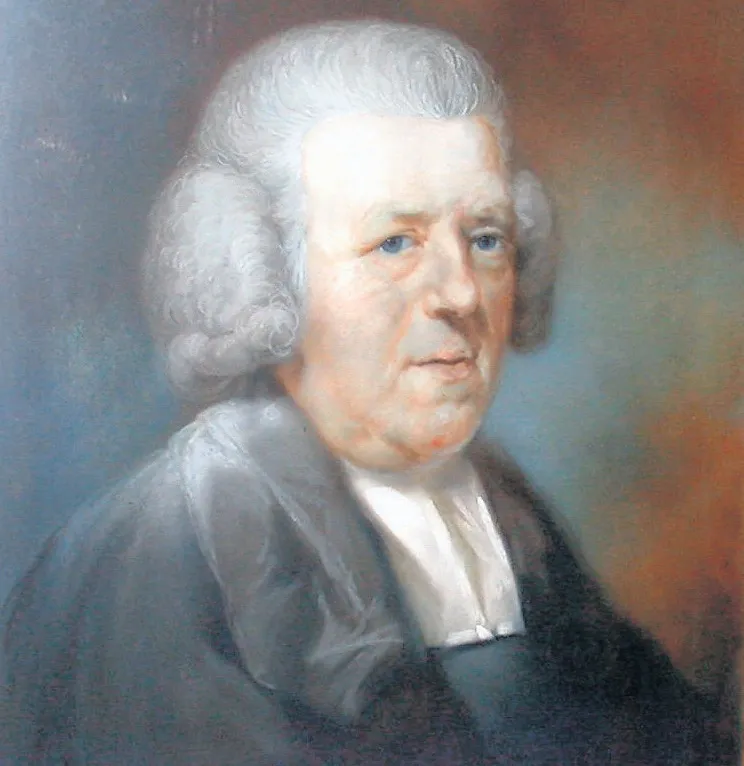Marylynn Rouse fills in the background for some of John Newton’s wonderful hymns
‘My friend Mr Newton is one of the sweet singers of Israel.’
The Revd Abraham Maddock of Kettering, grateful for John Newton’s help in a time of fierce opposition, wrote this in his diary on 22 May 1770. Newton’s love for hymns was instilled by his mother. While still a toddler he knew off by heart all of the children’s hymns of Isaac Watts, a close friend of his mother’s pastor.




